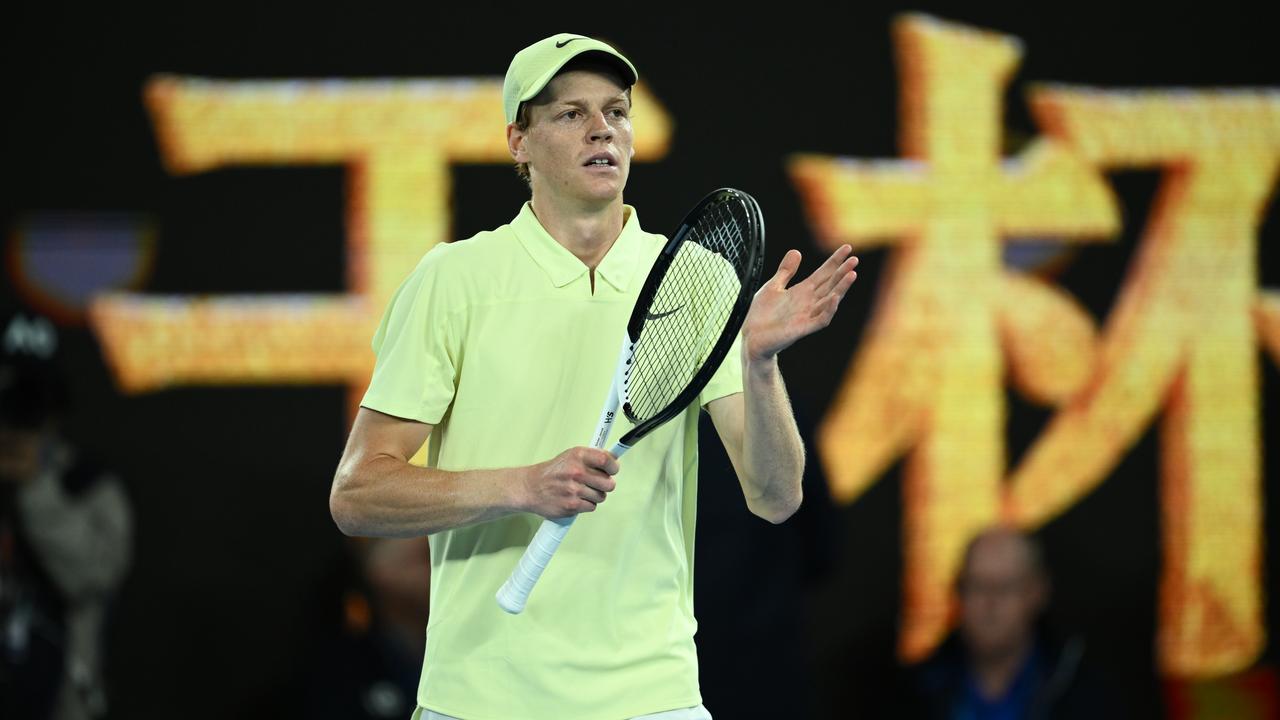Guy Heveldt: Sinner's doping 'punishment' makes mockery of WADA system
Guy Heveldt • February 18th, 2025 8:30 am

On the same weekend my faith in rugby grew exponentially, my faith in tennis - perhaps more so, the World Anti-Doping Agency - and anti-doping generally, took an almighty fall.
The opening weekend of Super Rugby could not have been any better. New rules sped up the game, the rugby on show was of a particularly high standard, four teams for Australia is clearly a much better number, every game was a contest aaaaaaaand the Crusaders won. All was right in the world.
Then, just as I was heading to bed on Saturday night, again enthralled by another great game of rugby with Moana Pasifika agonisingly falling short of a season-opening win, comes news out of the tennis world of a three-month doping ban for the best men’s player in the game, Jannik Sinner.
But it quickly emerged, this was not just any normal ban. This was a negotiated ban. My mind instantly went to one question - how can an athlete, who is found to have breached the rules, be able to negotiate the terms of their sanction?

Jannik Sinner I Photo: AAP
Now let’s get some things out there – Sinner and WADA agree the player did not intend to cheat. Sinner has admitted “partial responsibility” after what have been called “team mistakes”, which led to two positive tests for traces of the banned substance clostebol in his system. So the story goes, it was in a spray that was used on Sinner by his physio during treatment for a cut, before he was then given a sports massage.
Belief of whether Sinner was deliberately trying to cheat or not will likely vary from person-to-person, but WADA has accepted Sinner’s explanation and deemed it an accidental breach.
That’s not where my frustration with this case lies. I’m not entirely convinced, but for now I am willing to concede it was accidental.
What I’m not willing to accept is the ability to negotiate the terms of a ban with WADA. The process should be simple – Sinner and his legal team should put forward their case, WADA should consider it and then make their own ruling, independent of further Sinner input. Much like a court of law.
The world No. 1 Italian hasn’t had any tournament titles stripped and he’s kept all his prize money. He won’t miss a single Grand Slam in the ban, which runs through until May. In fact, the Italian’s first ATP Tour tournament upon return will be a Masters 1000 event, the tier just below the Grand Slams.
Oh, and where is that Masters 1000 tournament? Rome. His home country. In front of his home fans. Perfect.
Convenient coincidence? Or something else?
It doesn’t feel like much of a penalty to me.
Tune in to Beaver & Guy, weekdays from 3-6pm, and subscribe to the podcast here.

